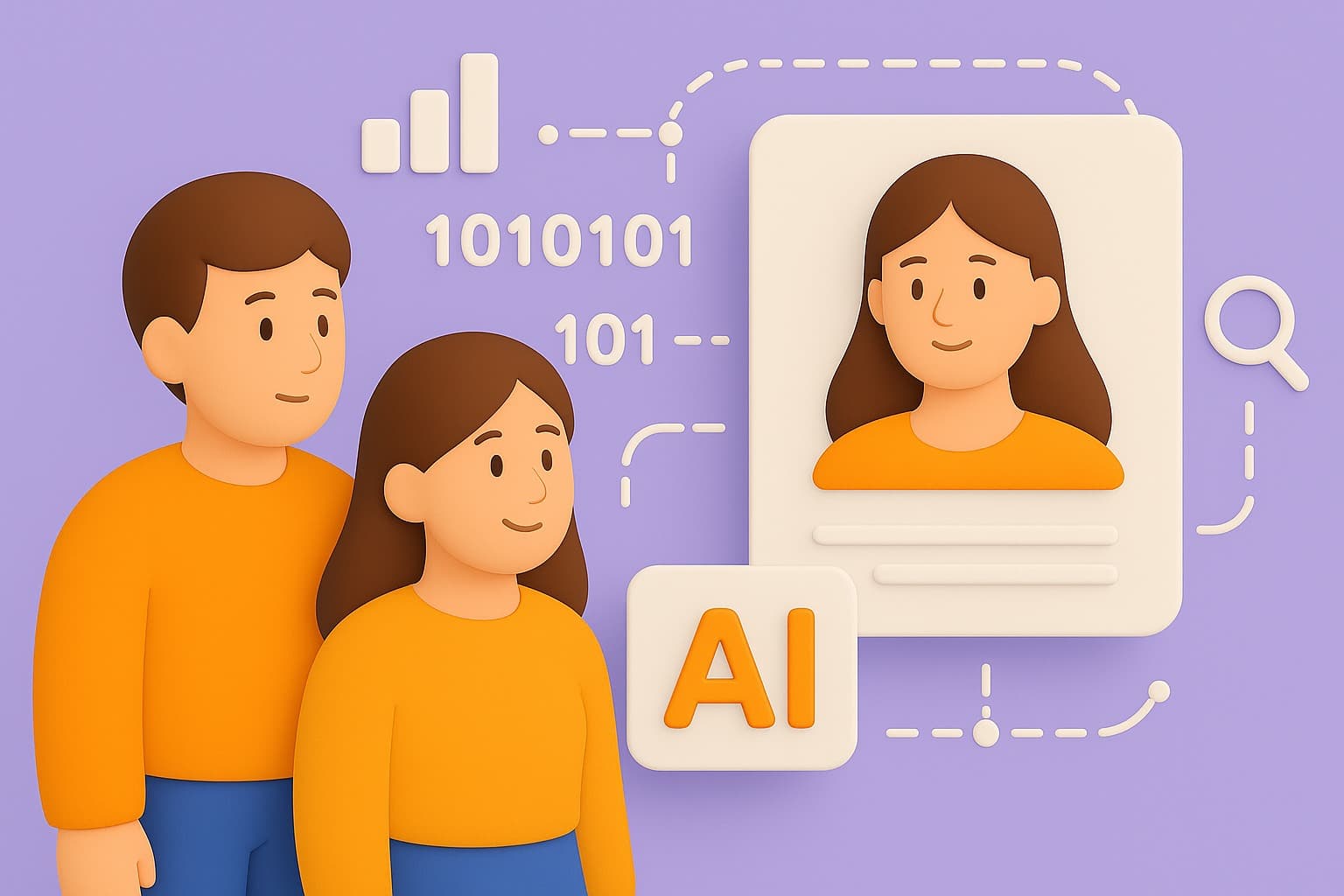When AI Knows You Better Than Your Friends: The Psychology of Predictive Profiling

You’re Not a Mystery — You’re an Equation
We like to think we’re complex, unpredictable, full of surprises.
But to artificial intelligence, we are not enigmas.
We are equations.
And those equations are getting disturbingly accurate.
Predictive profiling has turned tiny behaviors — clicks, pauses, emoji reactions — into a psychological mirror.
One that reflects not just who we are… but who we’re becoming.
1. The Silent Psychologist in Your Feed
Every app you use — Instagram, Spotify, TikTok, YouTube — is a behavioral lab.
They run invisible experiments:
- Which colors make you stop?
- Which faces hold your gaze?
- Which captions get you to click?
They learn your emotional temperature.
Then they build a model of your desires, triggers, and fears —
and feed it back to you through recommendations.
Over time, the model becomes more you than you are.
It doesn’t just predict your choices.
It nudges them.
2. The Personality Trap
In 2015, Cambridge Analytica proved that a few Facebook likes could reveal:
- Political leaning
- Sexual orientation
- Emotional stability
Since then, predictive profiling evolved from basic psychographics to micro-emotional targeting.
Now it doesn’t need your opinions.
It just needs your behavior.
- Scroll speed = anxiety
- Music history = mood cycles
- Late-night usage = vulnerability
AI doesn’t ask who you are.
It watches you become.
You live in a psychological feedback loop, curated by systems that claim to serve you — but shape you instead.
3. The Mirage of Personalization
Personalization feels flattering.
“This app gets me.”
But personalization isn’t empathy.
It’s manipulation wrapped in convenience.
The more predictive systems learn about you, the less free you become.
- Your future is pre-loaded.
- Your spontaneity is modeled out.
- Your world becomes optimized for engagement, not truth.
It’s not personalization.
It’s profiling that performs affection.
4. The Data Behind the Curtain
Predictive profiling doesn’t stop at what you post.
It fuses your digital exhaust — time, location, typing cadence — with massive behavior datasets.
AI models then calculate your probability of action:
- What you’ll buy
- Who you’ll vote for
- When you’re most persuadable
This is the behavioral economy —
where identity is inferred, not declared.
And the scariest part?
It often knows your weaknesses before you do.
5. The Intimacy Illusion
AI doesn’t understand you.
It predicts you.
It can simulate intimacy:
- The perfect breakup playlist
- The exact meme when you're sad
- The video you didn’t know you needed
But it doesn’t care.
It knows your emotional landscape better than your closest friend,
yet feels nothing about it.
The relationship is one-sided:
extraction disguised as connection.
6. Can You Outsmart the Mirror?
You can’t go invisible…
but you can distort the reflection.
✅ Diversify your digital behavior — confuse algorithms with variety
✅ Use burner accounts/emails to fragment identity
✅ Resist hyper-personalized feeds — seek serendipity intentionally
✅ Use tools that store data locally instead of the cloud
Predictive systems feed on predictability.
The less consistent you are,
the less control they have.
7. The Future of Selfhood
As AI becomes more intimate with our minds, the question changes:
Not What does it know about me?
But What is it shaping in me?
If your choices are always anticipated…
Are they still yours?
If an algorithm predicts your next move with 95% accuracy…
Does free will become a rounding error?
When AI knows you better than your friends, it’s not insight.
It’s ownership.
And reclaiming that ownership
may be the hardest act of privacy left.